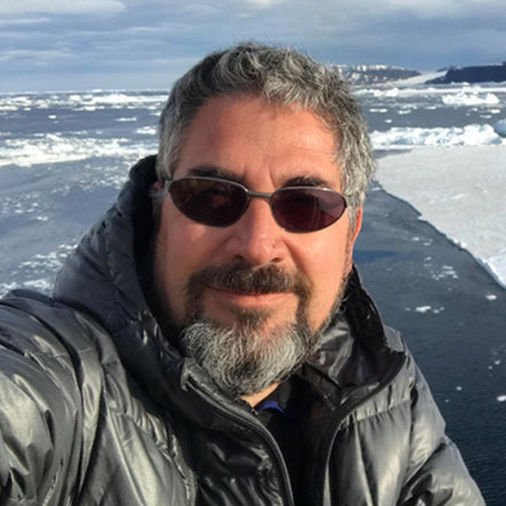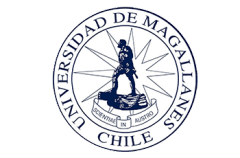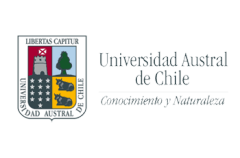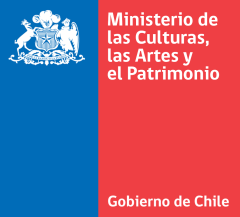ANTARTIC TRIVIA
The Antarctic land mass is shaped roughly like a circle of about 4,500 kilometers in diameter, almost entirely within the Antarctic Polar Circle. It has an area of approximately 14,000,000 square kilometers.
Antarctica is the coldest continent on Earth. The lowest temperature recorded thus far is -98.6 degrees Celsius.
The diversity of plants and animals in Antarctica is richer than previously thought. According to a study by Steven Chown of the University of Melbourne, Australia, more than 8,000 species have been recorded in the marine region of the White Continent.
Marine sanctuaries, also known as marine reserves, are areas that are protected against direct human impact. Activities such as fishing, oil extraction, deep-sea mining, and other extractive industries are prohibited.
Although very small, krill is essential for life in Antarctica. The small crustacean ensures the survival of the largest animal on the planet, the blue whale, along with most of the fauna of Antarctica, which feed on the tiny pink creature. Krill congregate in large schools that can often be miles wide, with thousands of crustaceans per cubic meter. Some of these pink schools of krill can be seen even from space.
On December 1, 1959, the twelve countries that had carried out scientific activities in and around Antarctica during the 1957-1958 International Geophysical Year (YGI) signed the Antarctic Treaty in Washington. The Treaty entered into force in 1961 and has been accepted by many other nations. There are currently 54 Parties to the Treaty.


























